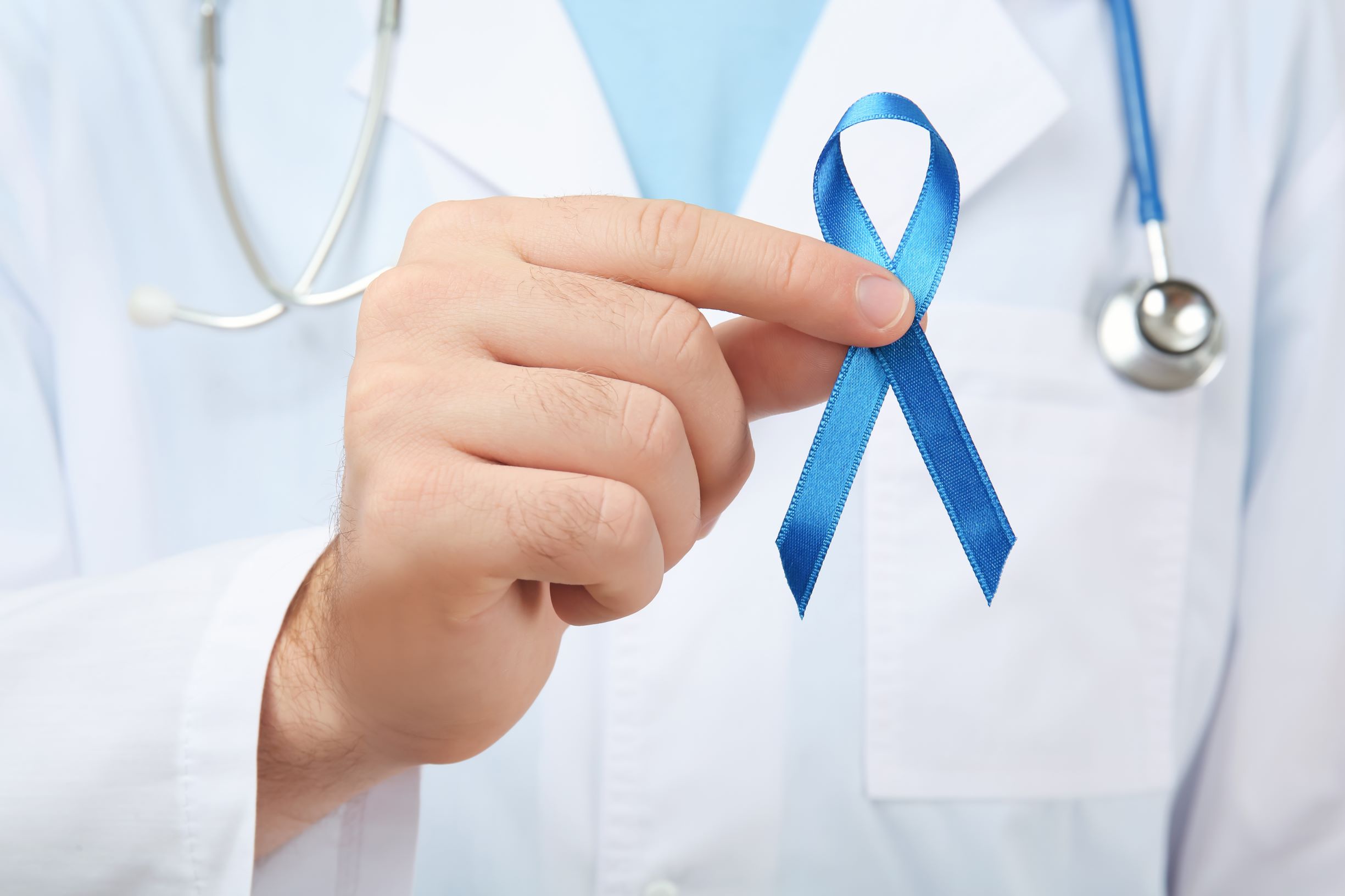Actor Chadwick Boseman’s untimely death shines a light on colon cancer and what we all should know.
Potential colon cancer symptoms include:
• A change in bowel habits, such as diarrhea, constipation, or narrowing of the stool, that lasts for more than a few days.
• Urgency – a feeling that you need to have a bowel movement that is not relieved by doing so.
• Rectal bleeding – dark, maroon or bright red blood in the stool.
• Persistent abdominal cramping, pain or distension.
• Weakness and fatigue.
• Unintended weight loss.
(Note that many of the symptoms of colon cancer can also be caused by infections, hemorrhoids, irritable bowel syndrome, inflammatory bowel disease or dietary factors.)
When colon cancer does turn out to be the cause, symptoms may often appear only after the cancer has grown significantly or spread outside of the colon. That’s why it’s best to be tested for colorectal cancer before ever having any symptoms. Screening can even prevent some colorectal cancers from forming by finding and removing pre-cancerous growths called polyps.
Recent data shows the number of new cases of colon cancer is increasing in younger populations. This is why the American Cancer Society recommends regular colon cancer screening (colonoscopies) for people at average risk starting at age 45. People with a family history of colon cancer or who have certain other risk factors should talk with their doctor about beginning screening at a younger age.
Whether you need a diagnostic test or surgery, find a gastroenterologist at Huntington Hospital.
 English
English Espanol
Espanol 简体中文
简体中文 Tagalog
Tagalog հայերեն
հայերեն 한국인
한국인 Tiếng Việt
Tiếng Việt فارسی
فارسی русский
русский 日本
日本 عربي
عربي